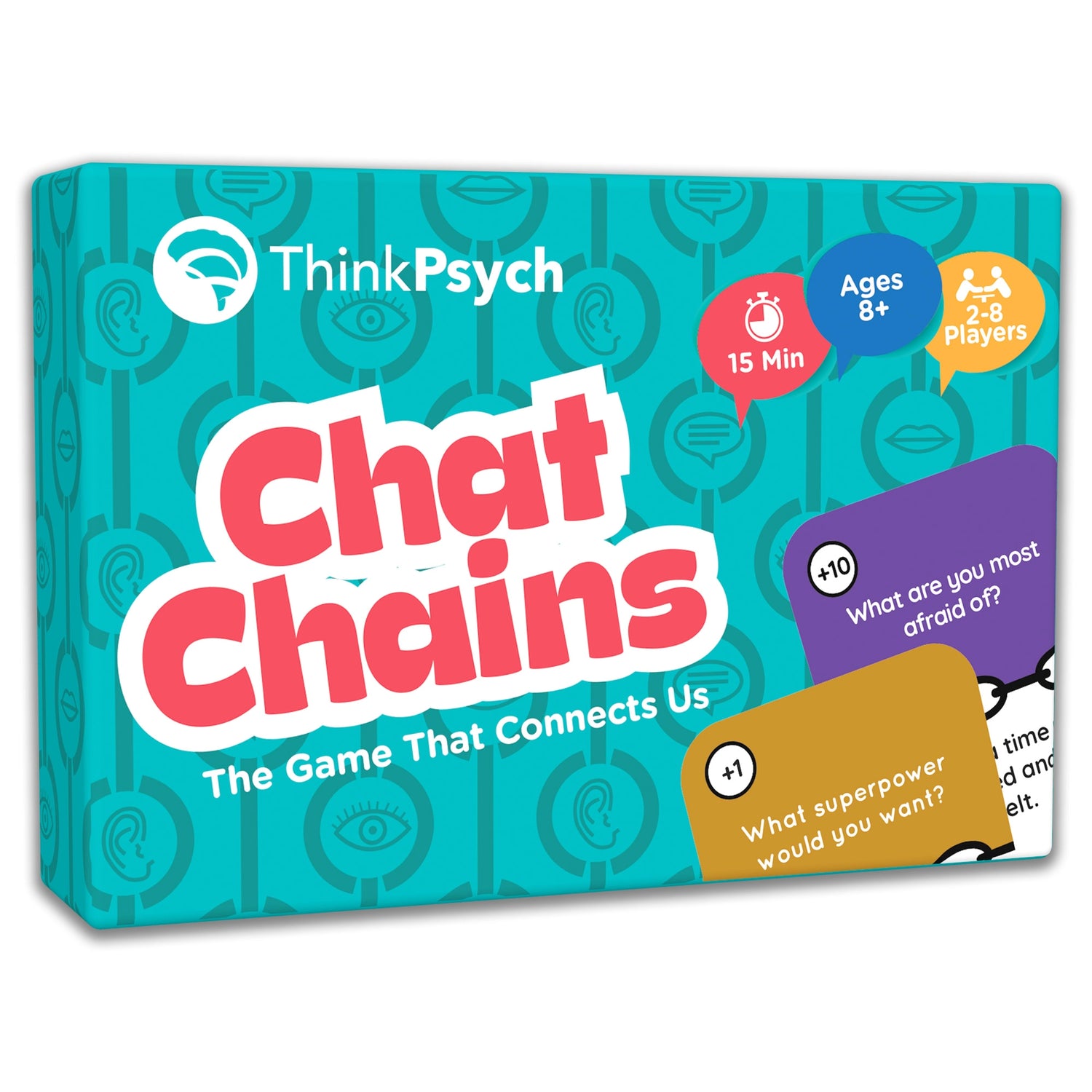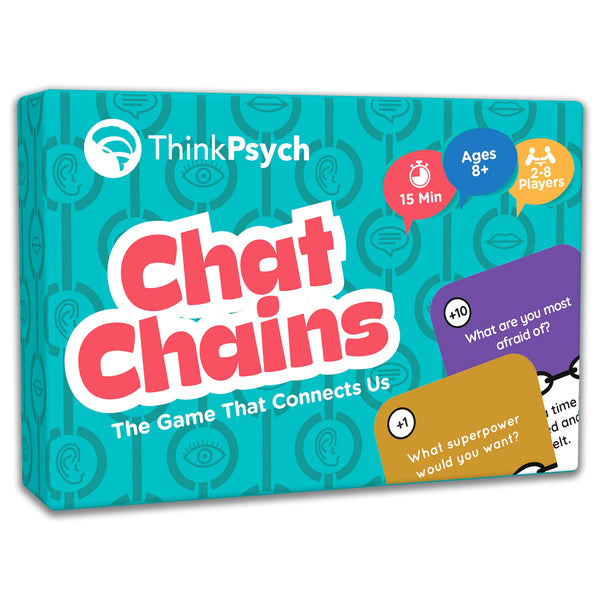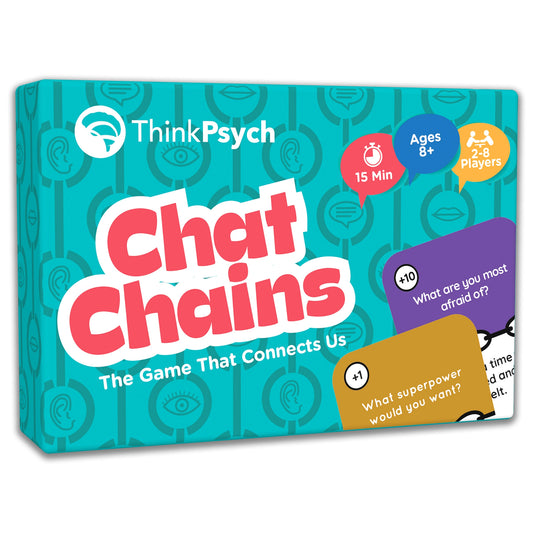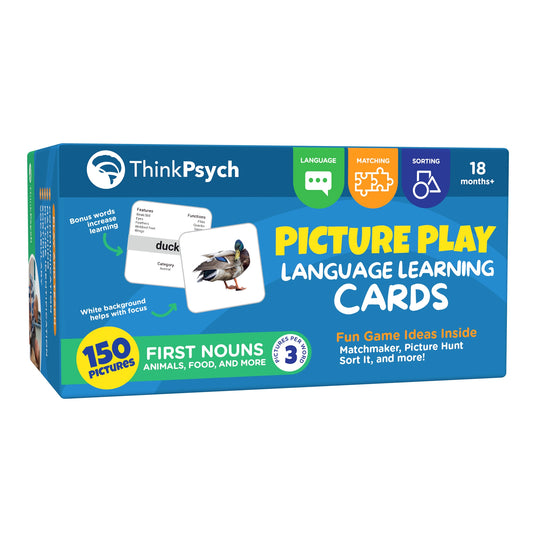
Interventions for Social Skills Deficits (Part 2)
Share
Children with Autism, Anxiety, and ADHD often face challenges in social situations. As covered in Part 1, Social Skills Deficits Associated with Autism, Anxiety, and ADHD, these social skill deficits can present differently for different diagnoses and individuals. Social Skills deficits can have an impact on the lives of people living with these diagnoses. However, evidenced based social skills interventions help teach these skills. Here are some to try!
Social Skills Group
One popular and effective intervention for individuals with ASD, ADHD, and anxiety are social skills groups. A social skills group is a small group of individuals, typically led by a teacher or adult mentor. During these groups, individuals are taught to interact with their peers. Group leaders use games, scripts, practice scenarios, and direct instruction to teach social skills.
Some social skills taught during these groups include problem solving, managing emotions, and conversation skills. Joining or running a social skills group? Check out our game, Chat Chains, for your social skills group! This social emotional learning game features 150 conversation starters to practice communication and was designed using evidenced based practices.
Social Skills Groups make big impacts for individuals facing social skills deficits. Find one in your area, for instance, this great one in the Central New Jersey Area: Behavior Therapy Associates!
Social Narratives
Social narratives are another way to teach social skills. They are short stories written and illustrated to teach appropriate social behavior. They explain details of social situations and give steps for interacting. Therefore, they give individuals a script for positive social interactions.
Social narratives can fit any situation. Additionally, social narratives are written to fit the individual. They can teach how to start a conversation, how to order a meal, and asking for help.
Check out our free Social Narrative Story downloads!
Customer Favorites From Our Store
Functional Communication Training
Functional Communication Training(FCT) is an intervention that teaches communication to replace challenging social behavior. In other words, learning to speak, sign, use pictures or a device to communicate. It aims to develop independent socialization. FCT teaches people to request, reject, comment, express feelings, and greet in social situations.
For example, a person with ASD may not be able to express that they are sick. FCT teaches them to go to their parent and speak, point, or use a device to tell them they don’t feel well. Imagine what a meaningful difference that makes to an individual!
FCT should be completed by a trained professional. It shows great impact in behavior, anxiety, social interactions, and school curriculum access.
Video Modeling
Video modeling is an intervention that uses recordings to provide a visual model of social skills. People watch a video of a social skill and then practice the skill by imitating it. For example, a person with ASD may watch a video of a man asking a woman on a date. After that, they would practice the skill by copying what they saw in the video to ask someone out to dinner.
Video modeling is highly effective when the videos are fun and engaging. They give the individual the opportunity to repeat videos they still need to practice. Moreover, they teach an endless variety of skills.
Find examples of video modeling products at Watch Me Learn!
Conclusion
The science of social skills interventions is growing. There are many to explore. As a result, they are improving lives of people with autism, ADHD and Anxiety. Above all, choose one that works best for the individual and their needs.
References
Indiana University Bloomington, Indiana Resource Center for Autism
https://www.iidc.indiana.edu/irca/articles/evidence-based-practices-for-effective-communication-and-social-intervention.html
Your Schools ASD Modules, Functional Communication
http://asd.yourschools.ca/functional-communication/

























